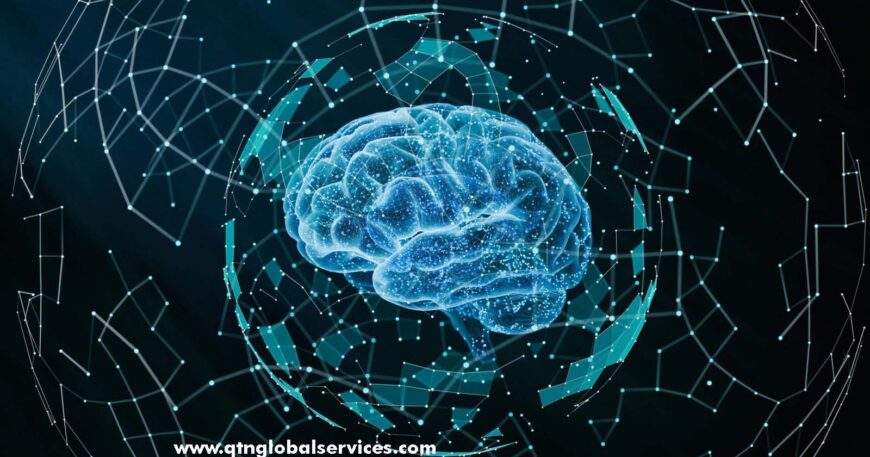The rapid advancement of artificial intelligence (AI) has ignited a flurry of discussions and debates about its impact on humanity. AI has made remarkable strides in various fields, from healthcare to finance, and from transportation to entertainment. However, the question that looms large is whether AI is genuinely better for humanity or if it poses risks and challenges that need careful consideration.
Table of Contents
- Introduction
- The Power and Potential of Artificial Intelligence
- Enhanced Efficiency and Productivity
- Addressing Complex Challenges
- AI in Healthcare: Saving Lives
- Ethical Dilemmas and Bias
- Impact on Jobs and Employment
- Privacy and Surveillance Concerns
- The Role of Human Oversight
- The Need for Ethical AI Development
- Conclusion
- Frequently Asked Questions (FAQs)

The Power and Potential of Artificial Intelligence
Artificial intelligence, the simulation of human intelligence in machines, has the potential to revolutionize industries and improve our daily lives. Its ability to analyze vast datasets, make predictions, and automate tasks holds immense promise.
Enhanced Efficiency and Productivity
AI can perform tasks with remarkable speed and accuracy. This translates to increased efficiency and productivity across industries, from manufacturing to customer service.
Addressing Complex Challenges
AI excels in tackling complex problems that require intricate calculations or processing large volumes of data. For example, it’s pivotal in climate modeling, drug discovery, and space exploration.

AI in Healthcare: Saving Lives
In the medical field, AI aids in diagnosing diseases, analyzing medical images, and identifying treatment options. It can potentially save lives by providing timely and accurate information to healthcare professionals.
Ethical Dilemmas and Bias
Despite its potential benefits, AI brings ethical concerns, including bias in algorithms and decision-making processes. Addressing bias is essential to ensure fair and equitable AI systems.
Impact on Jobs and Employment
The rise of AI has raised concerns about job displacement. While AI can automate certain tasks, it also creates new opportunities for human workers in fields like AI development and maintenance.
Privacy and Surveillance Concerns
AI’s ability to process vast amounts of data has raised concerns about personal privacy and surveillance. Striking a balance between security and privacy is a complex challenge.
The Role of Human Oversight
AI should complement human decision-making, not replace it entirely. Human oversight is crucial to ensure that AI systems make ethical and responsible choices.
The Need for Ethical AI Development
Developing AI ethically is paramount. It involves transparent algorithms, data privacy protection, and adherence to ethical guidelines to prevent misuse.

Conclusion
The question of whether artificial intelligence is better for humanity doesn’t have a simple answer. AI has undeniable potential to improve efficiency, solve complex problems, and save lives. However, it also raises ethical, social, and economic challenges that demand careful consideration and responsible development. Striking a balance between harnessing AI’s power and addressing its potential risks is essential to ensure that AI truly benefits humanity.
Frequently Asked Questions (FAQs)
Q1: Can AI replace human intelligence? A: AI can perform specific tasks efficiently but doesn’t possess human-level intelligence, particularly in terms of emotional and creative capabilities.
Q2: What are some examples of ethical dilemmas in AI? A: Ethical dilemmas in AI include bias in algorithms, decisions with life-altering consequences, and concerns about privacy and surveillance.
Q3: How can we ensure responsible AI development? A: Responsible AI development involves transparent algorithms, data privacy protection, adherence to ethical guidelines, and ongoing human oversight.
Q4: Will AI take over all jobs? A: While AI can automate certain tasks, it also creates new job opportunities, particularly in AI development and maintenance.
Q5: What is the future of AI in society? A: The future of AI in society depends on responsible development, ethical considerations, and collaborative efforts to harness its potential while mitigating risks.
Follow Us:https://qtnglobalservices.com/





